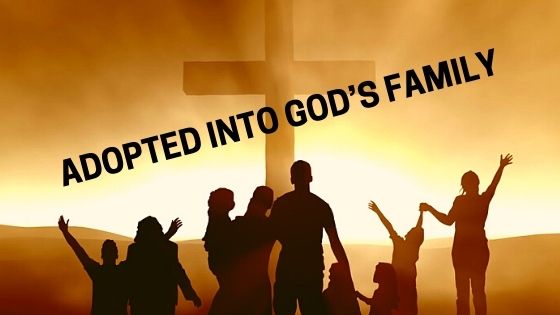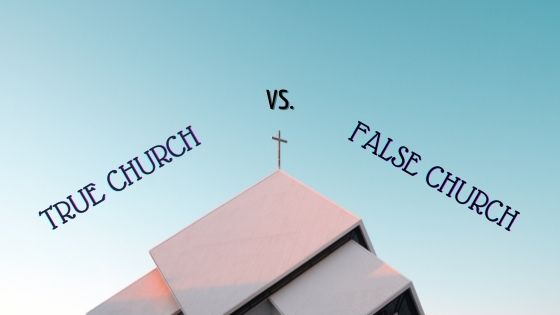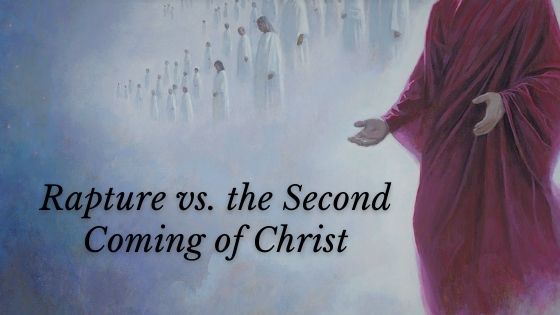Who is the Great Harlot in Revelation?
Revelation 17 talks about “the judgment of the great harlot who sits on many waters” (Revelation 17:1). But who is this prostitute that John is referring to in this passage? Is it possible to come up with the correct interpretation without being labeled a bigot and an extremist? Religious Idolatry on the Rise A harlot … Read more










